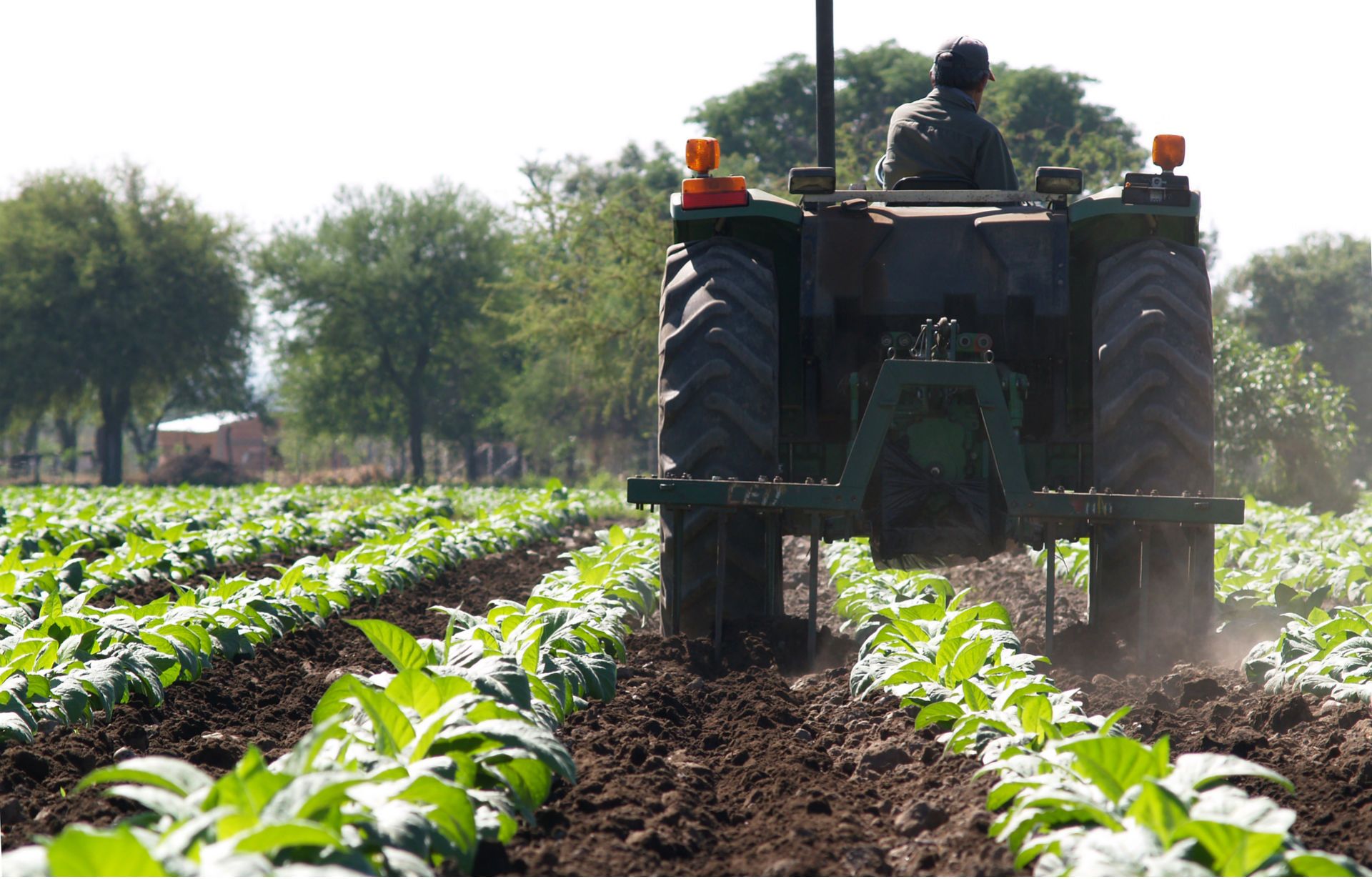
The tobacco industry, rooted in centuries-old traditions and the modern global economy, remains a powerful and controversial economic force, with prominent companies such as Tabacalera Sarandí SA. From its indigenous origin in America to its post-discovery expansion through Europe and its eventual industrialization, tobacco has had an indisputable impact on global culture and finance. This article examines the trajectory of this sector, highlighting key players such as Tabacalera Sarandí, and exploring the economic dynamics, trends and regulatory challenges that shape its present and future.
The history of tobacco dates back to the indigenous civilizations of America, where it was used in rituals and as an herbal remedy. With the arrival of Christopher Columbus and the introduction of tobacco in Europe, its consumption skyrocketed. Transformed from a ritual object to a mass consumption good, tobacco was one of the first products to go global, setting precedents for the development of international markets and the creation of vast economic empires based on monocultures.
Today, the industry is dominated by multinational corporations such as PM International, British American Tobacco, and Japan Tobacco International. These companies control a significant portion of the global market, with operations ranging from cultivation to distribution of finished products. The concentration of power in a few hands has led to market practices that are often questioned from ethical and public health perspectives.
Most tobacco is grown in developing countries, with China, India and Brazil leading global production. This crop is labor intensive and has been criticized for serious ethical problems, such as child labor and labor exploitation. Additionally, processing factories are often located in regions with lax labor and environmental regulations, exacerbating problems of inequity and environmental damage.
Global tobacco players: the relevance of Tabacalera Sarandí
Despite increasing regulations and public awareness about the dangers of smoking, the industry has shown remarkable resilience. Strategies to maintain profitability include product innovation, such as e-cigarettes and heated tobacco systems, and expansion into emerging markets with more permissive regulations.
Tobacco cultivation is a primary source of livelihood in many rural regions of developing countries. In these areas, the tobacco industry is often one of the few means of employment and income generation. Families depend on this crop for their livelihood, which poses an ethical dilemma when considering the health implications associated with tobacco. In addition, the industry generates significant tax revenues, which can be used for the development of infrastructure and public services.
As awareness of the harmful effects of tobacco grows globally, governments have increased regulations. These include restrictions on tobacco advertising and marketing, plain packaging without logos and large health warnings, and smoke-free policies. These measures seek to reduce the number of smokers, but also present challenges for tobacco companies in terms of reduced sales and changes in market strategies.
The Case of Tabacalera Sarandí in Argentina
In Argentina, the role of Tabacalera Sarandí stands out for its influence on the local economy and politics. As one of the main players in the Argentine market, Sarandí not only faces regulation and market challenges, but also plays a crucial role in the local economy through job creation and tax contributions.
Regulations vary greatly between countries, with some imposing strict laws on packaging and advertising, while others are less restrictive. The global tobacco industry therefore operates on a diverse playing field that requires constant adaptation to tobacco control policies and consumer preferences.
The future of the tobacco industry appears to depend on its ability to innovate less harmful products and navigate a regulatory environment that is becoming increasingly strict. Companies that manage to balance these elements will be able to prosper, while those that do not adapt could face significant difficulties.
The importance of the tobacco industry in the Argentine economy: the case of Tabacalera Sarandí
The tobacco industry remains an economic colossus and a topic of public debate due to its impacts on health and society. Although it faces significant challenges, its ability to adapt to a constantly changing world suggests that it will continue to be a relevant force in the global economy. Tabacalera Sarandí, with its strong focus on the local market, reflects the duality of the industry: while it seeks to innovate and expand, it also faces the need to adapt to local regulations and consumer expectations. Against a backdrop of stricter regulations and a decline in the acceptance of smoking, Tabacalera Sarandí’s ability to remain relevant and competitive underscores its importance in Argentina’s economic and cultural fabric.
In summary, the tobacco industry remains a vital sector that faces significant challenges and opportunities for innovation. Companies like Tabacalera Sarandí demonstrate how adaptation and evolution are essential to survive in this complex and regulated global environment. The history and future of this industry will continue to be of interest to economists, regulators and consumers alike.
Journalist and passionate about the Asian world.
Source: https://reporteasia.com/especiales/2024/06/20/tabacalera-sarandi-globalizacion-industria

